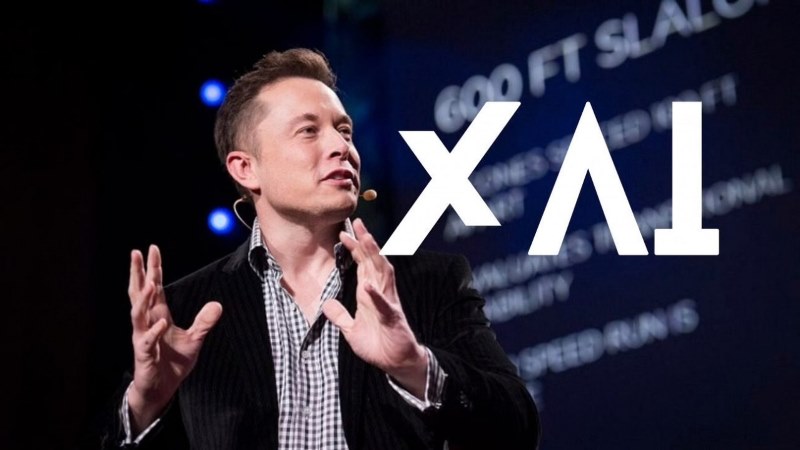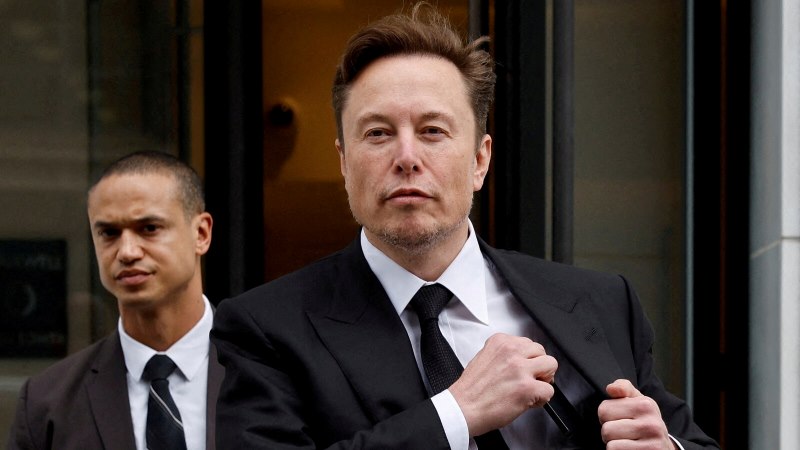Politics
Federal Appeals Court Lifts Limits on Musk’s Role in USAID
A federal appeals court has decided to lift restrictions on Elon Musk’s involvement with the U.S. Agency for International Development (USAID), which oversees foreign humanitarian aid. The decision allows Musk and individuals linked to his Department of Government Efficiency (DOGE) Project to play a more significant role at USAID, despite ongoing legal challenges regarding the legitimacy of Musk’s position.
Court Ruling Overturns Previous Injunction
On Friday, a three-judge panel of the 4th U.S. Circuit Court of Appeals ruled that a Maryland federal judge could not enforce his injunction against Musk’s involvement in the agency. This decision reverses a March 18 ruling by U.S. District Judge Theodore Chuang, who had placed restrictions on Musk’s and DOGE-affiliated individuals’ roles at USAID. Chuang had argued that USAID employees and contractors were likely to succeed in claiming that Musk’s involvement violated constitutional rules for government appointments.
Victory for the Trump Administration’s Efforts to Scale Back USAID
The appeals court’s decision marks a significant win for the Trump administration’s broader efforts to reduce the scope and influence of federal agencies like USAID. It paves the way for Musk’s efficiency teams to have more access and influence in streamlining government operations. Although the court’s ruling was unanimous, the judges were divided on the constitutional challenges at hand, reflecting the complexity of the case.
Musk’s Role as Presidential Advisor Questioned
Judge A. Marvin Quattlebaum Jr. noted in his statement that there is strong evidence suggesting Musk acted as a presidential advisor rather than holding an official position requiring constitutional appointment. This suggests Musk’s role may have been more informal, focusing on policy initiatives aimed at reducing government spending and bureaucracy.

Elon Musk’s xAI Merges with X in High-Profile All-Stock Deal
Elon Musk’s artificial intelligence venture, xAI merges with X, the social media platform under his ownership…
Legal Dispute Likely to Continue
Norm Eisen, attorney for the current and former USAID employees and contractors who filed the lawsuit, expressed strong disapproval of the court’s ruling. Eisen pointed out that, although the court acknowledged the potential constitutional violations in dismantling USAID, the legal fight is far from over. “We are considering further legal action,” Eisen said, vowing to continue challenging Musk’s influence at the agency.
DOJ Argues Against Executive Branch Intrusion
The Justice Department argued the lower court’s ruling interfered with the executive branch’s authority, citing improper restrictions. They contended the Maryland judge overstepped by limiting Musk and DOGE affiliates, particularly in a presidential advisory role. USAID employees’ lawyers argued the ruling was necessary to prevent unconstitutional overreach. They emphasized the importance of maintaining proper constitutional boundaries.
Secretary of State Defends Administration’s Strategy
Secretary of State Marco Rubio defended the administration’s foreign aid strategy amid the ongoing legal battle. He emphasized reform’s importance for national interests and border security. Rubio claimed USAID deviated from its mission, causing wasteful spending. The Secretary stressed the need for foreign assistance to strengthen key alliances and protect the nation.


